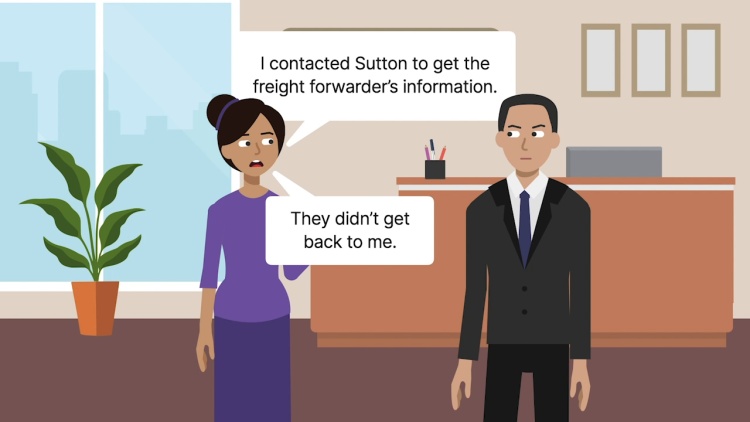Granvia Trading Ltd. v. Sutton Creations, Inc.
United States District Court for the Southern District of New York
2010 WL 4630266 (2010)
- Written by Rose VanHofwegen, JD
Facts
New York importer Sutton Creations, Inc. (defendant) contracted to buy coats from Korean exporter Granvia Trading Ltd. (plaintiff). The coats were routine, ordinary garments with a wide market, not custom specialized goods. Granvia contracted a Chinese manufacturer to make the coats. The parties understood that Sutton would accept delivery by having its freight-forwarder pick up the shipment from the Chinese manufactory. When the coats were ready for pick-up, Granvia e-mailed Sutton. Sutton did not respond or pay for the coats, and the manufacturer invoiced Granvia for storage. E-mails showed that Sutton was still trying to coordinate delivery. Meanwhile, Granvia contacted buyers, unsuccessfully attempting to sell the coats. Eventually, Granvia brought an action against Sutton for the full purchase price under § 2-709(1) of New York’s Uniform Commercial Code (UCC). Both sides moved for summary judgment. Granvia argued that Sutton failed to accept shipment, and reasonable attempts to sell the coats had failed. Sutton countered that Granvia had not suffered any recoverable losses because it never paid the manufacturer, could only recover lost profits as a jobber, and made merely cursory attempts to resell the coats, which still had a market value over the purchase price.
Rule of Law
Issue
Holding and Reasoning (Sand, J.)
What to do next…
Here's why 907,000 law students have relied on our case briefs:
- Written by law professors and practitioners, not other law students. 47,100 briefs, keyed to 996 casebooks. Top-notch customer support.
- The right amount of information, includes the facts, issues, rule of law, holding and reasoning, and any concurrences and dissents.
- Access in your classes, works on your mobile and tablet. Massive library of related video lessons and high quality multiple-choice questions.
- Easy to use, uniform format for every case brief. Written in plain English, not in legalese. Our briefs summarize and simplify; they don’t just repeat the court’s language.





